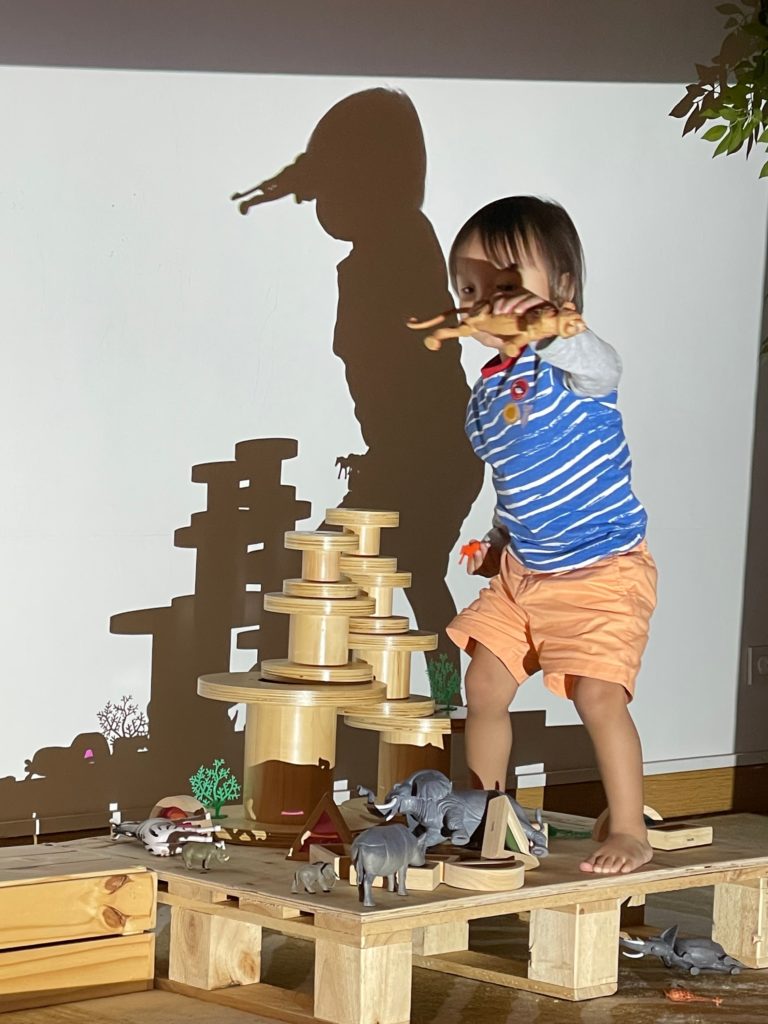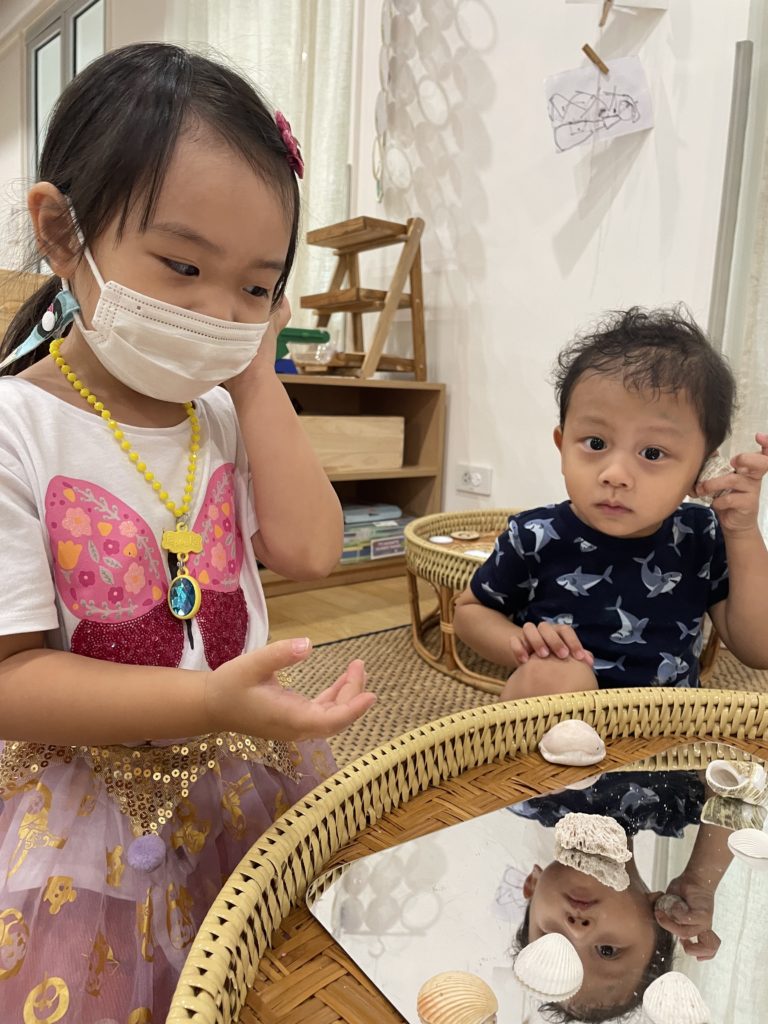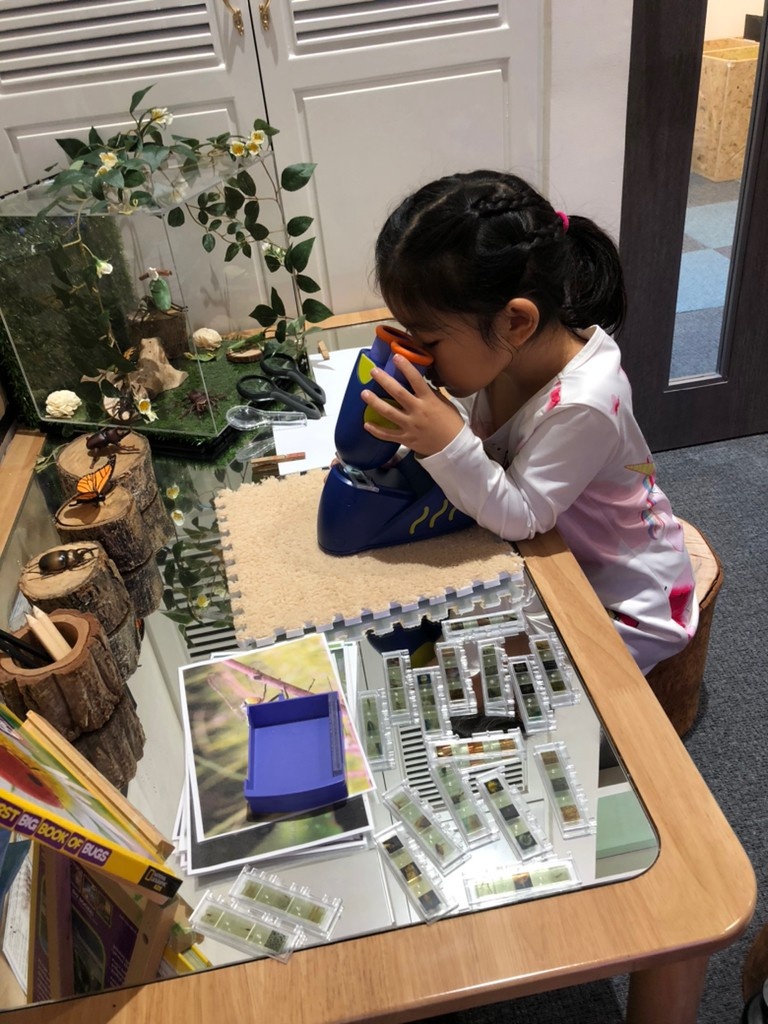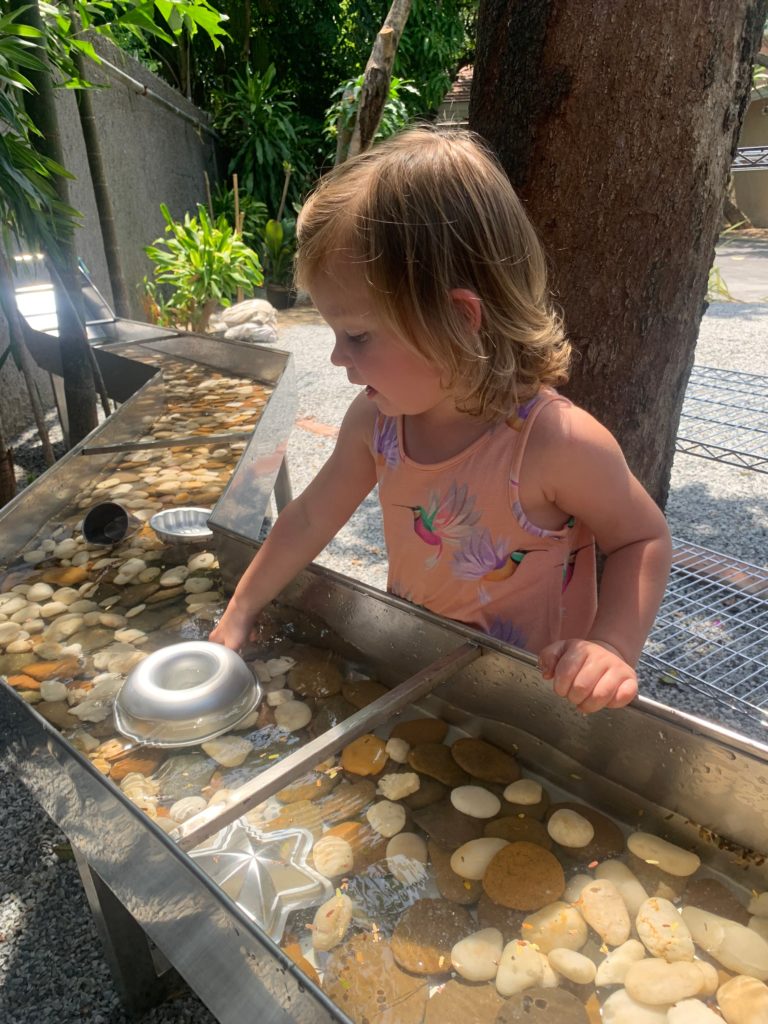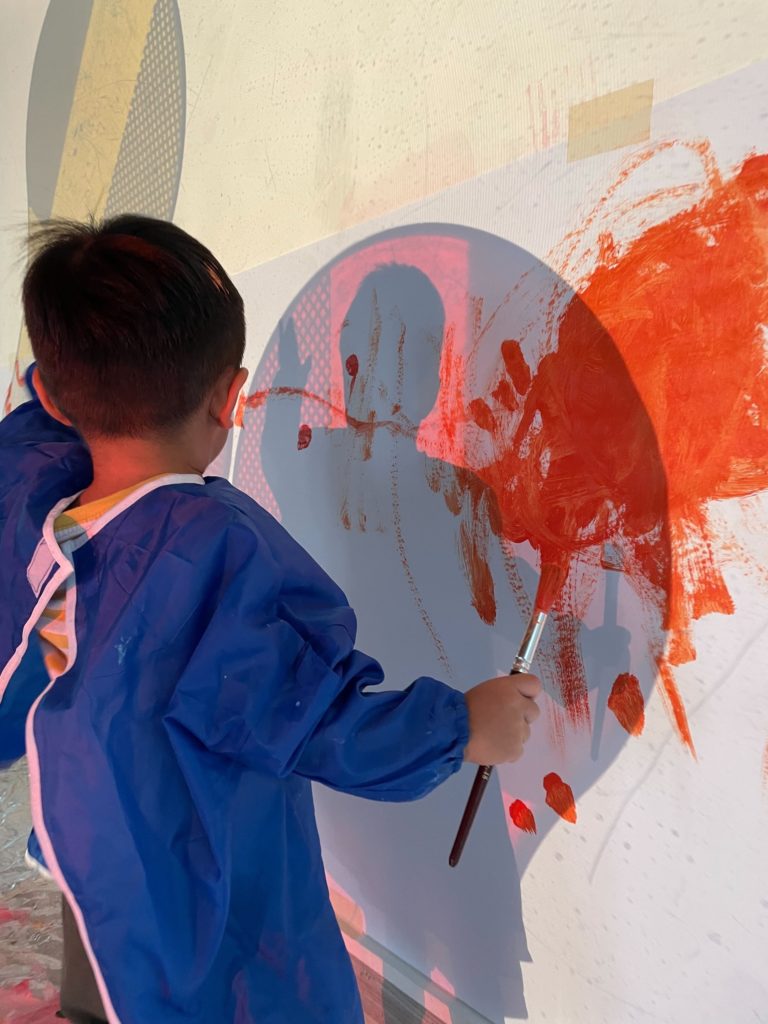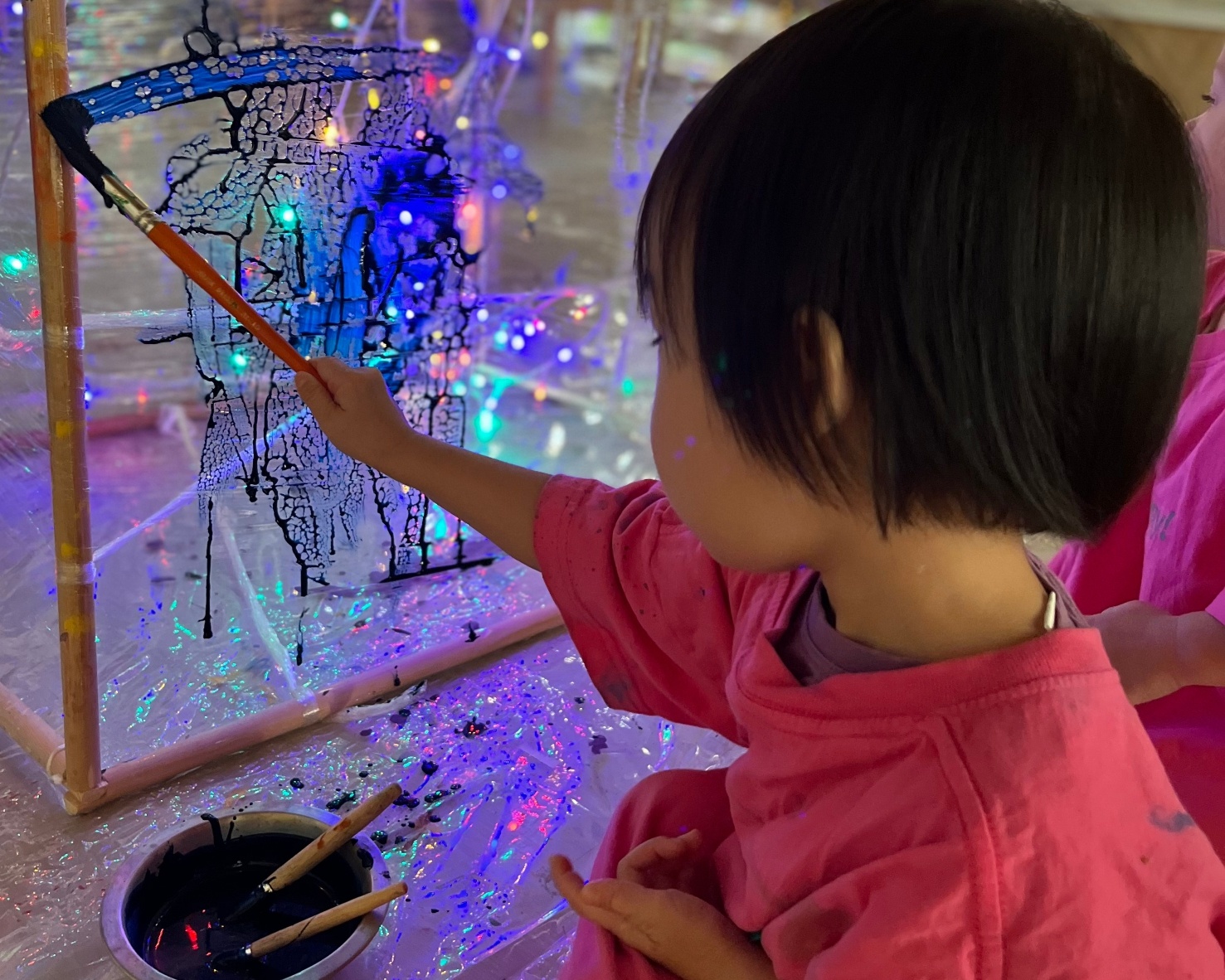As many parents are probably aware of, there are several different approaches to early education be it Montessori, Waldorf, Stem, or the Reggio Emilia approach. Before selecting a school for your child it is important to learn the philosophy and approach of each setting to see which best suits your child’s learning style.
Since Curious Kind is inspired by the Reggio Emilia philosophy here is a brief description of what it is all about:
The Reggio Emilia approach is an educational philosophy that originated in Reggio Emilia, Italy, after World War II. It is based on the belief that children are capable, curious, and full of potential, and that they should be active participants in their own learning.
The Reggio Emilia approach for early years education is based on several key components:
- Child-led learning: Children are encouraged to take an active role in their learning by exploring their interests and curiosities. Teachers act as facilitators and collaborators, rather than as the sole authority figures in the classroom.
- Play-based learning: Play is seen as a fundamental part of a child’s learning and development. Teachers provide opportunities for children to engage in open-ended, imaginative play that allows them to experiment, problem-solve, and express themselves creatively.
- Focus on the arts: The Reggio Emilia approach places a strong emphasis on the arts, including visual arts, music, drama, and dance. These activities are seen as important ways for children to express themselves, develop their creativity, and make sense of the world around them.
- Learning through observation: Teachers in Reggio Emilia classrooms carefully observe and document children’s learning experiences, using this information to guide their teaching and create new learning opportunities.
- The classroom as a “third teacher”: The Reggio Emilia approach values the importance of the environment and design in shaping the learning experience. Classrooms are intentionally designed to be welcoming, inspiring, and flexible spaces that promote exploration and discovery.
- Community building: The Reggio Emilia approach places great importance on building relationships and creating a sense of community within the classroom and beyond. Parents, teachers, and children are seen as partners in the learning process, working together to create a supportive and collaborative learning environment.
The Reggio Emilia approach is focused on creating a supportive and collaborative learning environment that encourages children to explore and discover their interests and passions.
